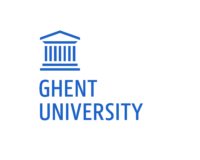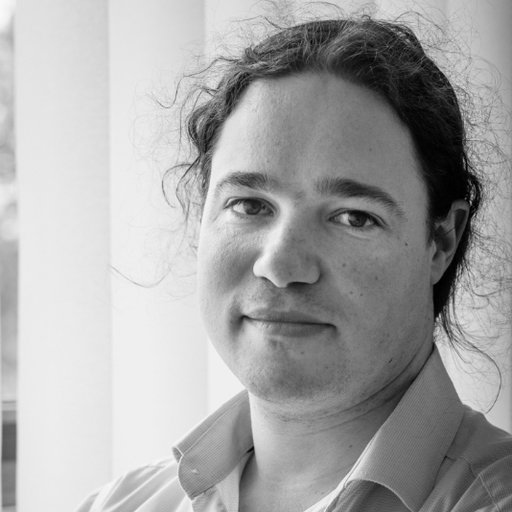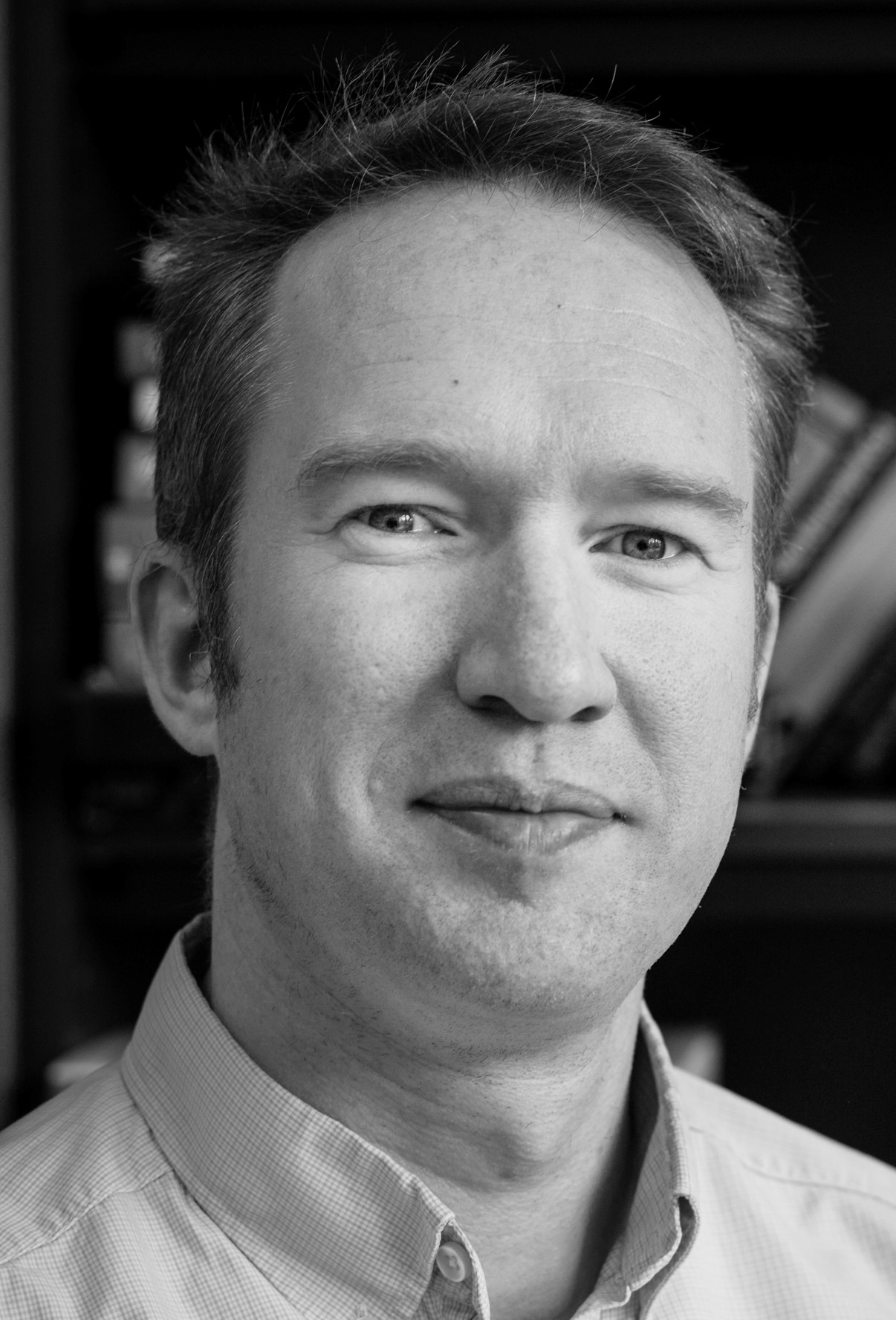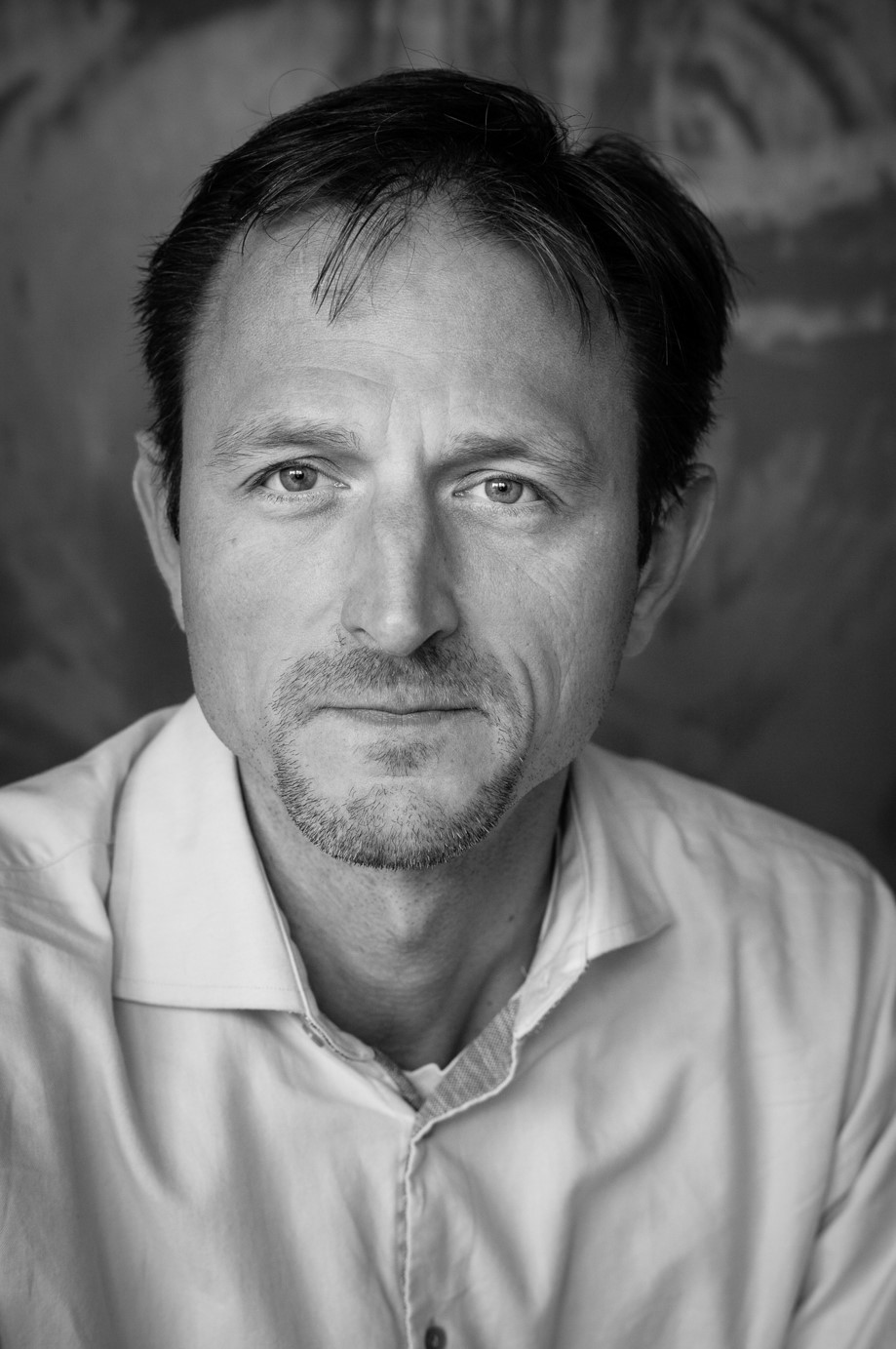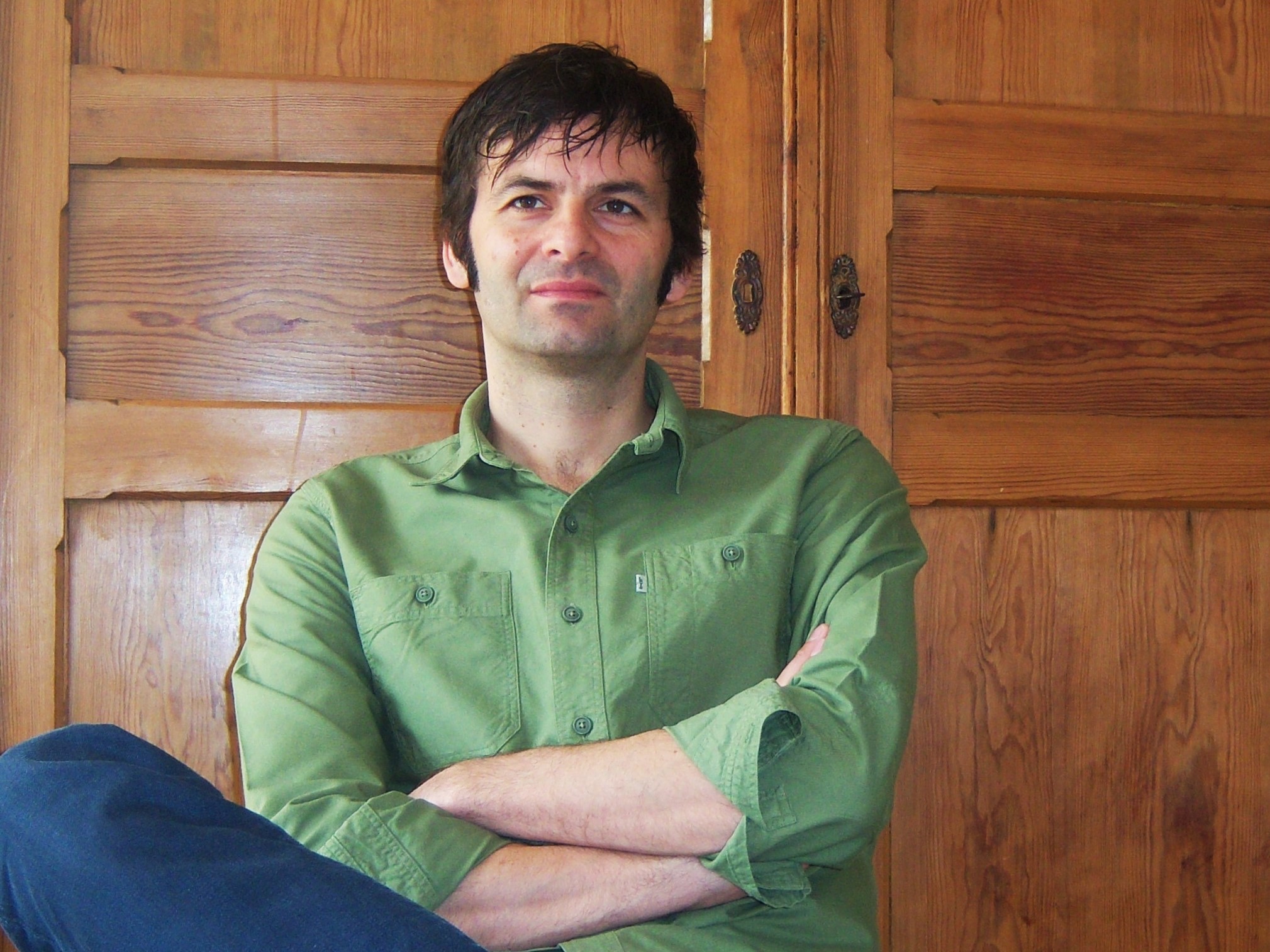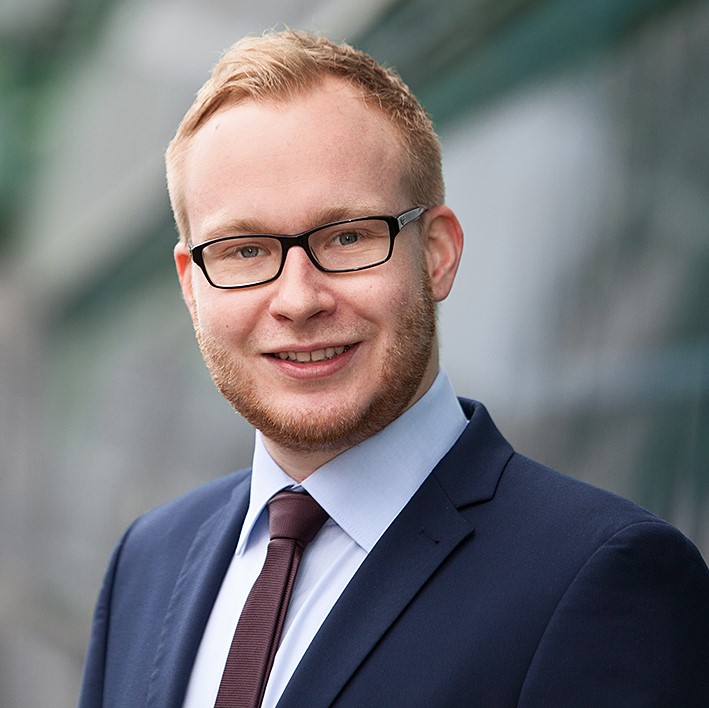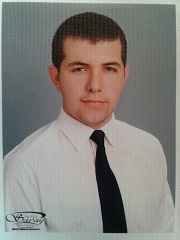Profile & expertise
Ghent university (UGent) is a leading European higher education institution for more than 200 years, and currently employs more than 8,000 people, offering state-of-the-art study programs that are grounded in research in a wide range of academic fields. The chemistry departments are the home of August Kekulé’s molecular structure of benzene, and currently encompass 20 dedicated research groups, forming an international community of more than 160 postdocs and PhD students. The department of Organic and Macromolecular Chemistry encompasses four dedicated polymer chemistry research groups, three synthesis research groups, and two analysis and structure determination research groups. The CSD on its side encompass research activities related to sustainability and circular economy and is used to collaborate with other academic research groups within and outside Ghent University.
As academic institution UGent has been involved in the discovery and implementation of dynamic covalent chemistries for use in organic polymer materials. UGent made breakthrough discoveries in this area that were published in high profile journals, and that have been the subject of patents for UGent. UGent is eager to push these enabling chemical technologies towards real industrial applications, and this project is a unique opportunity to achieve that. This will help valorize the fundamental research results but will also help to guide future research efforts of UGent towards more immediately industrially relevant applications.
Role in the Project
Ghent University (Belgium) is at the heart of the breakthrough in the development of new molecules for recyclable materials that must be adapted to polyurethane chemistries. Based on the in-house developed (and patented) dynamic covalent chemistry platforms and based on the experience with implementing different reactive building blocks in polymer materials, UG will scout and subsequently develop new covalent adaptable (CA) co-monomer structures that are compatible with PU chemistry enabling the development of recyclable PU-thermosets.
Additionally, UGent is involved in the project with its Centre for Sustainable Development (CSD), committed to interdisciplinary research on the social and political dimensions of environment and sustainability issues since 1995. For the CSD, the project is a unique opportunity to link technical outstanding outcomes with social and political dimensions, thus making the project anchored in the world.

